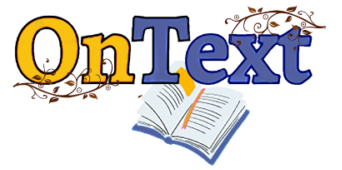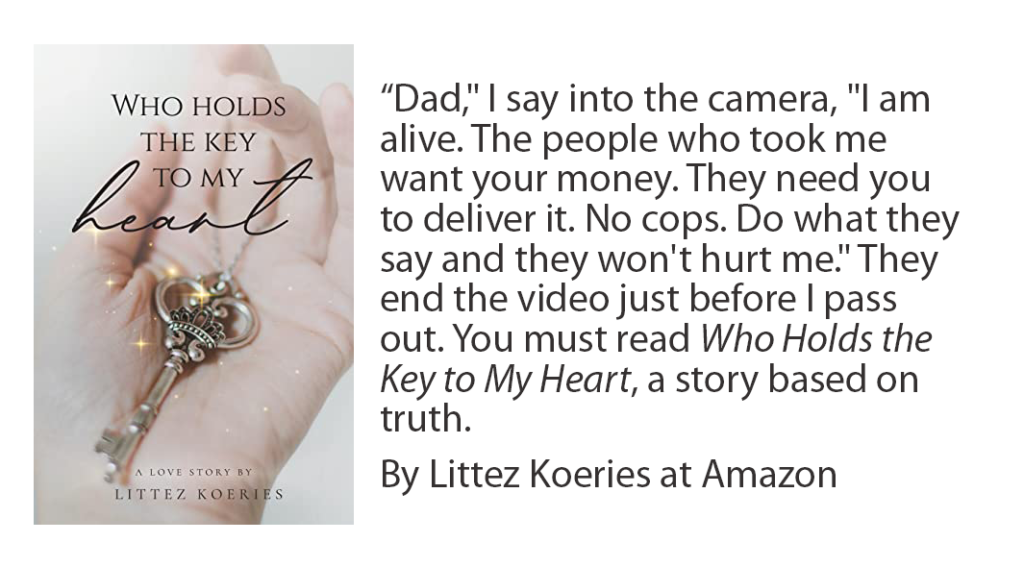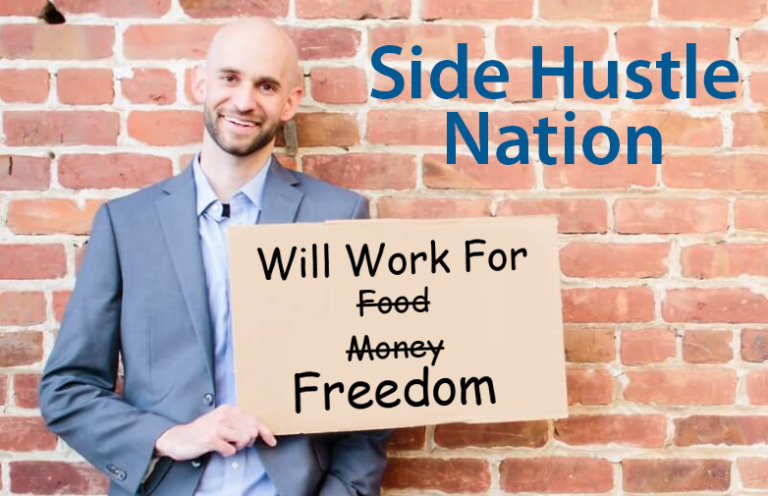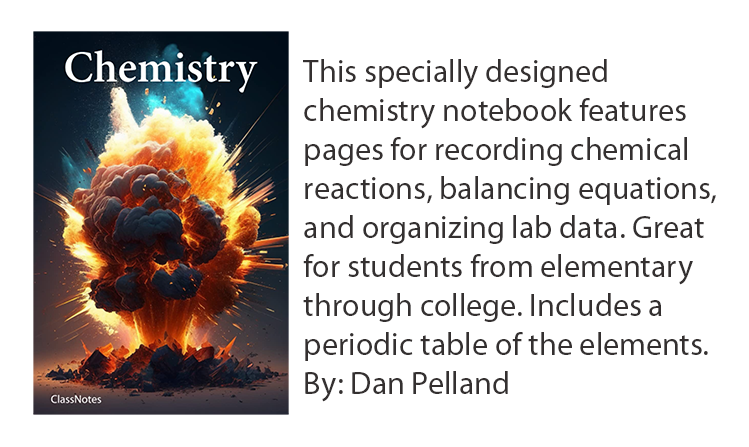AI-assisted images and writings are under the microscope, and the result may be shocking
As of now, you can’t copyright artificial intelligence generated work, or some of it. AI — if you are using it to enhance, or indeed, to fully generate your written or illustrative work, you should rethink your position. In an article from engadget.com today (and from many other publications) we learn that the U.S. Copyright Office is taking a firm stand on generated images. It is also reviewing and revising its position on written work generated via a prompt. The article is fascinating. We suggest you read it carefully to keep up with these immediate trends in our industry. You can follow developments via the Federal Register and the Copyright Office’s new webpage on the topic of AI. Bookmark them.
A human has to be the primary creative contributor
In general, what we gather at the moment is that images produced solely by a prompt to an artificial intelligence platform like Midjourney, BlueWillow, or OpenAIPlayground are not copyrightable. The USCO (United State Copyright Office) states that such images don’t represent works of art created by the human mind. Apparently, if a human substantially adds to or alters the outputted product of an AI generator, such a product could qualify for copyright protection. That would be determined on a case-by-case basis. The proportion of human creative thought in the project has to outweigh the AI assist.
Statements from the USCO include the determination that, “[Artificial intelligence generators] identify what the prompter wishes to have depicted, but the machine determines how those instructions are implemented in its output….”
As we write, AI platforms are changing their use and membership policies. Headlines like this abound: “Midjourney shutters free trials of its AI image generator due to ‘extraordinary’ abuse.” (engadget.com)
“Stable Diffusion copyright lawsuits could be a legal earthquake for AI.” (ArsTechnica)
So, remembering the old saw: If you put a thousand monkeys at a thousand typewriters, in a thousand days, they might produce a significant literary work. It’s important to consider that the work they produce will probably not qualify for copyright. Monkeys are not human, of course. And copyrights apply to human creations.
What we think this will all mean
In the past half year since ChatGPT debuted, the chatter and hype about AI generation of written and graphic work has dominated the news, blogs, websites, and cocktail party discussions like no other news in recent history. New artificial intelligence platforms are cropping up every day, literally every day. From teenagers to octogenarians, consumers hang out at such platforms and produce more images and written content than can be cataloged. The total revenues for AI developers are off the charts. Not since Donald Trump declared he would run for president has there been more or more vehement debate.
We’re hearing that AI will render writers, authors, illustrators, and artists broke and homeless within the next year. The world of creative endeavors will collapse. We even find hysterical reports that this latest AI craze will bring down the human race. Those fears are probably premature and not based on much besides panic, but there may be real reason for concern.
Keep reading!
As we monitor creative job boards, every week, we see more postings suggesting that applicants must be fluent in AI-generated content. There are also more job postings that indicate AI-generated content will be cause for dismissal. We see “illustrators” on gig boards flagrantly posting work obviously not done by a human and asking for exorbitant sums to illustrate books and graphic novels. For now, if you hire someone to provide AI-generated images for your books, you may end up with a book that cannot be copyright protected. Right now, you cannot copyright artificial intelligence generated work. Also, know that in the near future, artists may be able to recover damages from people who have used derivative images.
It’s a slippery slope. Every writer, illustrator, and content developer needs to keep abreast of these developments and, further, needs to decide if and how they will embrace this technology. For the past half year, we have advised against generating content or images by simply slapping a prompt into a platform and using the generated product. We believe the technology can automate certain tasks like outlines, titles and subheads, or topic suggestions, thus saving time and making our creative processes more efficient. For example, we used CHATgpt to suggest a silo structure for this website so we could make the site helpful and easy to navigate.
Copyright artificial intelligence generated work – our advice
Explore AI tools. Learn the technology so that you understand where our industry is, how these changes impact your micro business or side hustle, and how your competition is reacting. Carefully study the ways you might advantage AI platforms to spark your innate creativity. Hold off on going full steam ahead to spam out images and content for sale to prospective customers. Your reputation is at stake here.
Keep your eyes on new developments. Every single U.S. government department, from the copyright people to the defense department, has taken a stand on AI and has issued a policy statement. This isn’t over. The state of flux will not stabilize anytime soon. Before adding new products or services to your repertoire, determining the rules would be in your best interest. Sign up as an OnText member. We’ll keep you posted.
Learn more
In generative AI legal Wild West, the courtroom battles are just getting started (CNBC report)





2 Responses